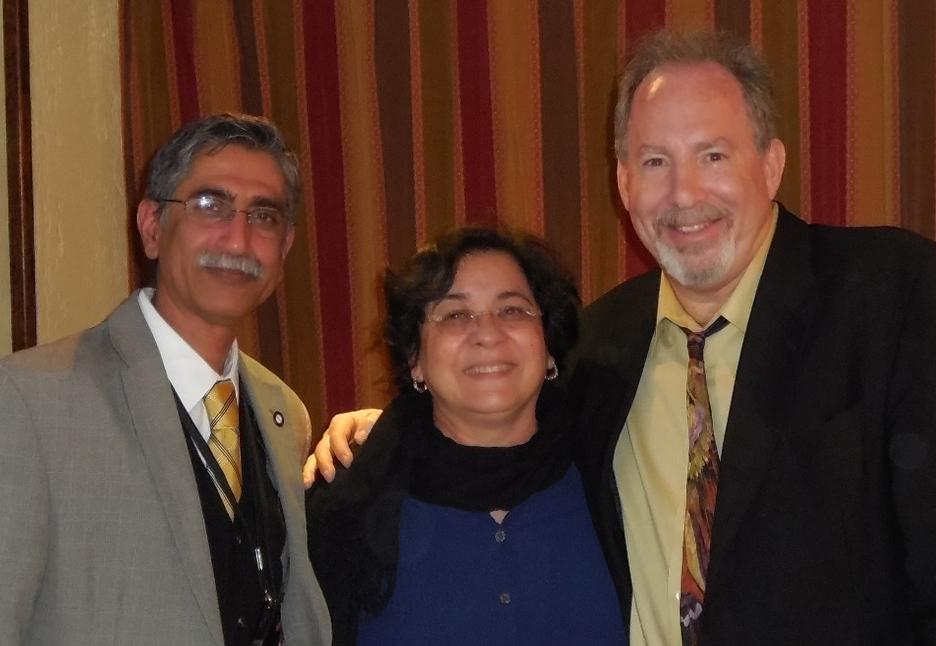TouroCOM Educates about Pulmonary Hypertension
Conference Brings Together Researchers, Students, and Faculty to Learn About Important Disease

New York, N.Y. – Health care professionals came together from around the New York metropolitan area recently for a forum on pulmonary hypertension, a relatively common but often overlooked disease, to learn more about early detection and prevention.
Hosted by Touro College of Osteopathic Medicine (TouroCOM) in Harlem, the event, titled: “Suspecting Pulmonary Hypertension in the Dyspneic Patient: Who, When, and How,”drew leaders in medical education and practitioners from schools, hospitals, private practice, community clinics and other settings. The “dyspneic” patient is one who is short of breath; often patients with pulmonary hypertension have unexplained shortness of breath.
In addition to TouroCOM, participants included health care professionals from New York Medical College, Columbia University, Albert Einstein College of Medicine of Yeshiva University, St. Luke’s Cornwall Hospital (Newburg, N.Y.) and several other institutions.
“The forum was organized to discuss the latest advances in pulmonary hypertension diagnosis and treatment,” said Kenneth Steier, DO, MPH clinical dean at TouroCOM, who spearheaded the gathering. “We need to raise awareness and promote early detection about pulmonary hypertension, a disease that is widely-spread but not widely-recognized.”
The keynote speaker was Arunabh Talwar, M.D., director of advanced lung disease and pulmonary hypertension interstitial lung disease at North Shore University Hospital on Long Island, an international expert on the disease. Dr. Talwar, who has written widely on the subject, provided the audience with groundbreaking information on early detection, such as the viability of using early ultrasound.
“Pulmonary hypertension is relatively common but often overlooked. Early detection is essential in order to save lives,” he stressed.
Echoing Dr. Talwar’s remarks, Dr. Rajamma Mathew MD, DCH, MRCP of New York Medical College, Maria Fareri Children's Hospital, called pulmonary hypertension an “orphan” disease, because often the diagnosis is made almost two years after the first symptoms appear, again underscoring the need for early detection.
Dr. Talwar’s co- author on a study and TouroCOM instructor, Melvin E. Anthony, DO, stressed the need to educate medical students on the subject.
As a follow up to the forum, TouroCOM’s Department of Clinical Education will be holding a forum on the screening, diagnosis and treatment of pulmonary arterial hypertension for medical students at the College’s Harlem campus in November.
Organized by Remi Odunsi, director of continuing education at TouroCOM, the forum was jointly sponsored by Washington University School of Medicine and the national Pulmonary Hypertension Association (PHA).

